QuestionGood Day Patti,
I have a 12 year old shitzu who will sometimes follow my mom around, sit and stare into space, and walk around until he finally lays down. He still eats, drinks and uses the bathroom. At first, I thought that his walking around could be due to the pain in his legs but I am now having second thoughts. Does this sound like the symptoms of Cognitive Canine Dysfunction? How is this condition diagnosed and how much does it usually cost? Also, if a dog is diagnosed, how long do they usually live for? I am really concerned and scared to lose my dog and sorry for the confusion he might be experiencing.
I look forward to your reply,
Thanks,
Shen
AnswerHi Shen,
Your description of your dog sounds like he may have Cognitive Canine Dysfunction Syndrome.
The diagnosis of this condition is based on multiple signs. If a dog is showing just one (say, inappropriate elimination ) Cognitive Dysfunction should certainly be part of the possibilities (in an old dog with a problem that's gradual in onset) but CDS is typically a syndrome with multiple signs. The five main signs most often associated with CDS are:
Disorientation: Confusion, wandering aimlessly, going to wrong side of doors; appearing to forget previously learned tasks getting "stuck" in corners and behind furniture. This would include getting lost in places where your pet should be familiar, wandering aimlessly, not being able to find entry/exit doors and staring into space.
Activity/sleep behavior: It's not necessarily that these dogs are less active, rather it's the CHARACTER of the activity itself may be changed, such as increased pacing or wandering purposeless activity and sleep is increased, often very DEEP, and often at times the dog was previously awake. So you may think that your dog is MORE active than in the past (for example: my dog is now sleeping 21 hours a day, and pacing the other 3. It's often stated that the dog has an increase in purposeless activity, and a decrease in purposeful activity.
Housetraining: Inappropriate elimination in dogs previously well housetrained, or increased accidents in dogs that had occasional ones. These dogs are often disoriented and will, for example, signal to go outdoors, stand in the yard for a while and re-enter the house to urinate, often right in front of the owners.
Interaction with family members: Walking away from being petted, greeting owners less (or not at all) at the door; no longer initiating play or petting).
A vet will need to examine your dog to rule out a physical illness or "natural" effect of aging before a diagnosis can be made.
"Naturally" occurring hearing loss for example, is something you can expect in an older dog (or person, for that matter). It is gradual and the dog will usually compensate in their actions and response to stimuli. With Cognitive Dysfunction hearing loss can be present but there are elements of confusion, so that perhaps if you clap your hands to wake your dog, he may alert to the sound if he hears a little. If he does have CDS, he will be confused and not respond appropriately.
If it turns out your dog has CDS, there is a medication (Anipryl) that has been recently approved by the FDA for use in the clinical indication of Cognitive Dysfunction in dogs.
While most dogs seem to improve within the first couple of weeks, there are some dogs that do not show improvement until the second month. The drug has few side effects. Occasionally, some mild gastrointestinal upset that usually resolves on its own in a few days, and there are occasional reports of increased activity, but that's about it as far as side effects.
Generally the dogs that improve are on Anipryl for the balance of their lives, which in many cases will be until they develop a medical problem that leads to death or necessitates euthanasia. In some cases the cognitive dysfunction will progress to a point that the medication is no longer effective.
I hope I've been a help.
Best of luck,
Patti

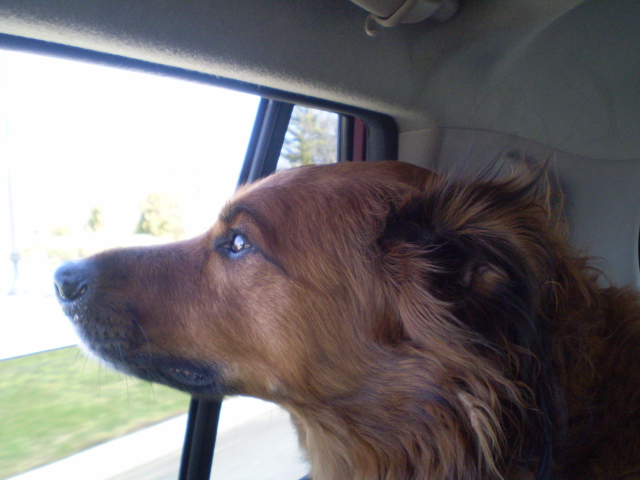 aggressive kids and dogs
QuestionI have a hyper aggressive 6 yr old who always p
aggressive kids and dogs
QuestionI have a hyper aggressive 6 yr old who always p
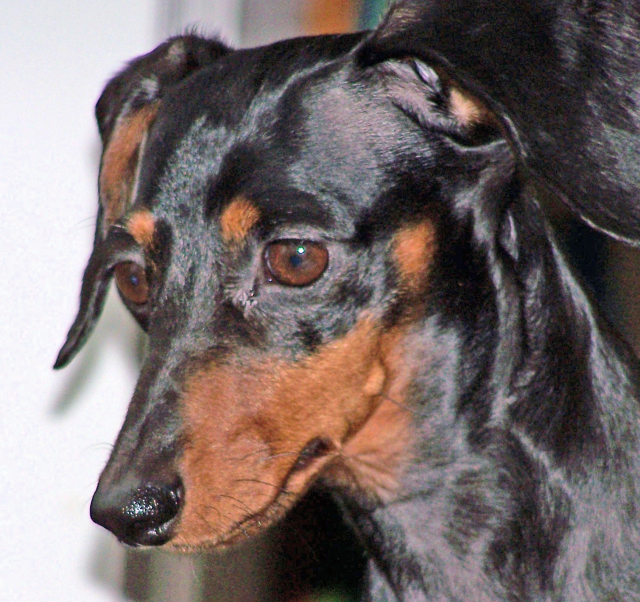 Mini-Daschund Question
Question
Baby
I got a rescus mini about 6 years ago. &n
Mini-Daschund Question
Question
Baby
I got a rescus mini about 6 years ago. &n
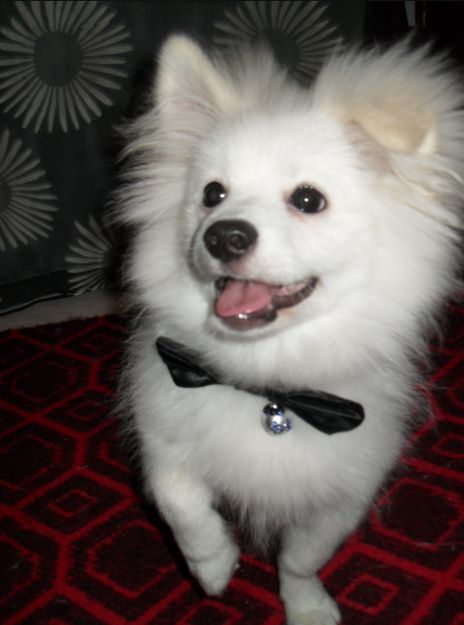 Dog Breed.
Question
Recent photo this week
Hello,
I saw that you
Dog Breed.
Question
Recent photo this week
Hello,
I saw that you
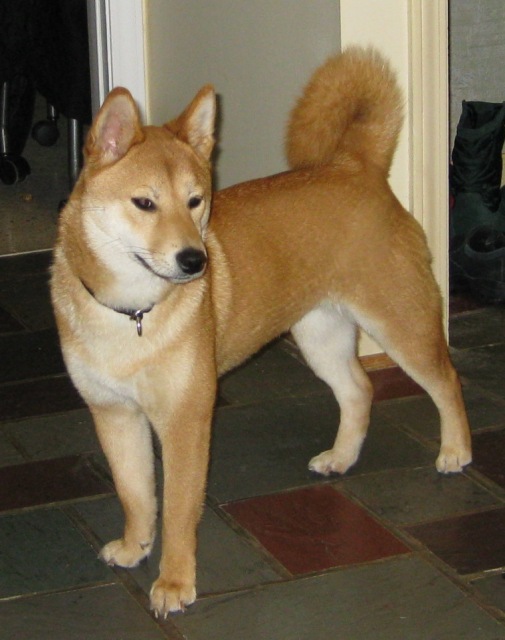 Rescued Shiba with ISSUES
Question
Shredder
Kristin,
I consider myself an experie
Rescued Shiba with ISSUES
Question
Shredder
Kristin,
I consider myself an experie
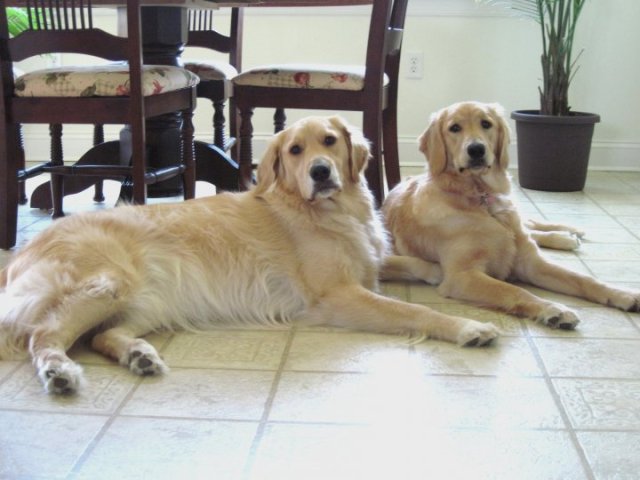 doggie doldrums
Questionsad dog
QUESTION: I have a 2 year old go
doggie doldrums
Questionsad dog
QUESTION: I have a 2 year old go